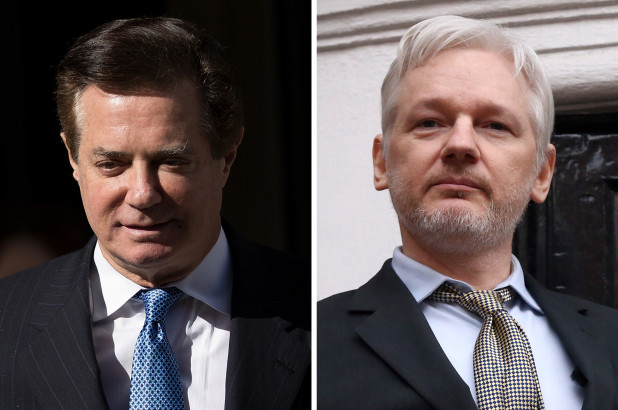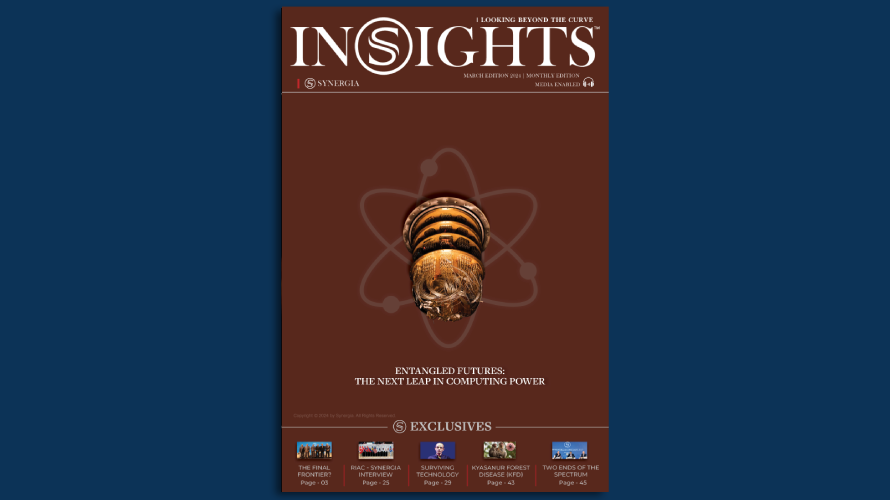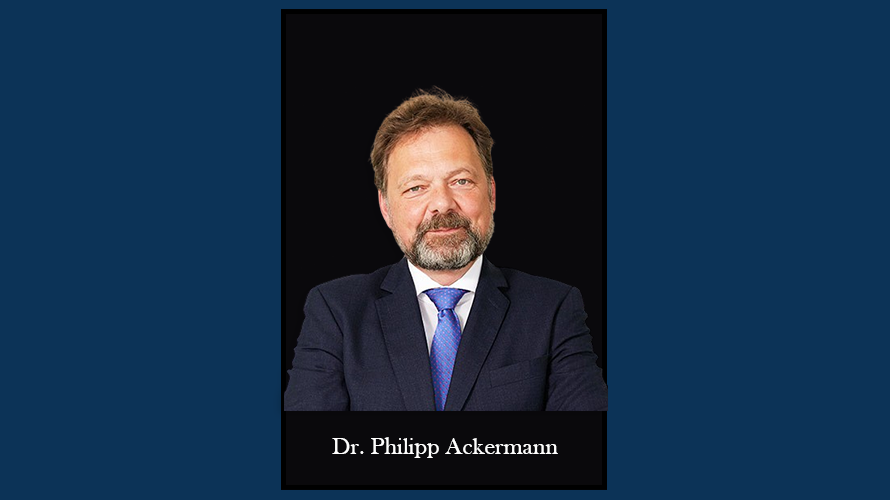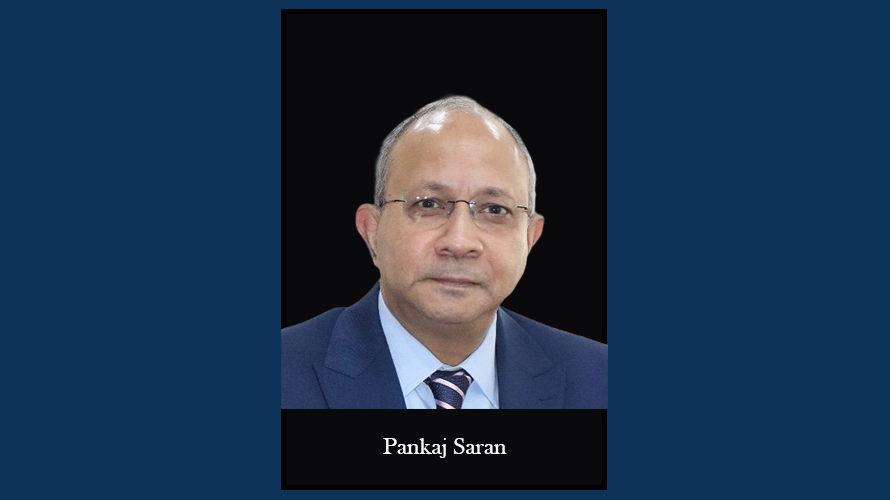On November 27, the Guardian published an eye-catching article, claiming that its journalists had seen an Ecuadorian intelligence agency document detailing that Manafort and Assange meet three times in the London Ecuadorian embassy, including during the run-up to the 2016 US Presidential Election.
The article published produced no solid evidence to corroborate the story or any non-anonymous sources. No police force or intelligence service has validated the story despite the Ecuadorian embassy being one of the most surveilled spots in London.
Glenn Greenwald, ex-Guardian writer and various other journalists and activists have attacked the publication for going silent on the ‘bombshell’ story, while at the same time hailing that they are Britain’s most trusted news outlet.
Assessment
Our assessment is that media and news agencies are able to systematically amplify falsehood at the expense of truth. We believe that this is particularly dangerous for any form of government premised on a common public reality. We also feel that as leading news agencies in Europe like The Guardian have a moral obligation to conduct background checks on their writers and the stories to preserve their status as news disseminators instead of news fabricators.







Comments